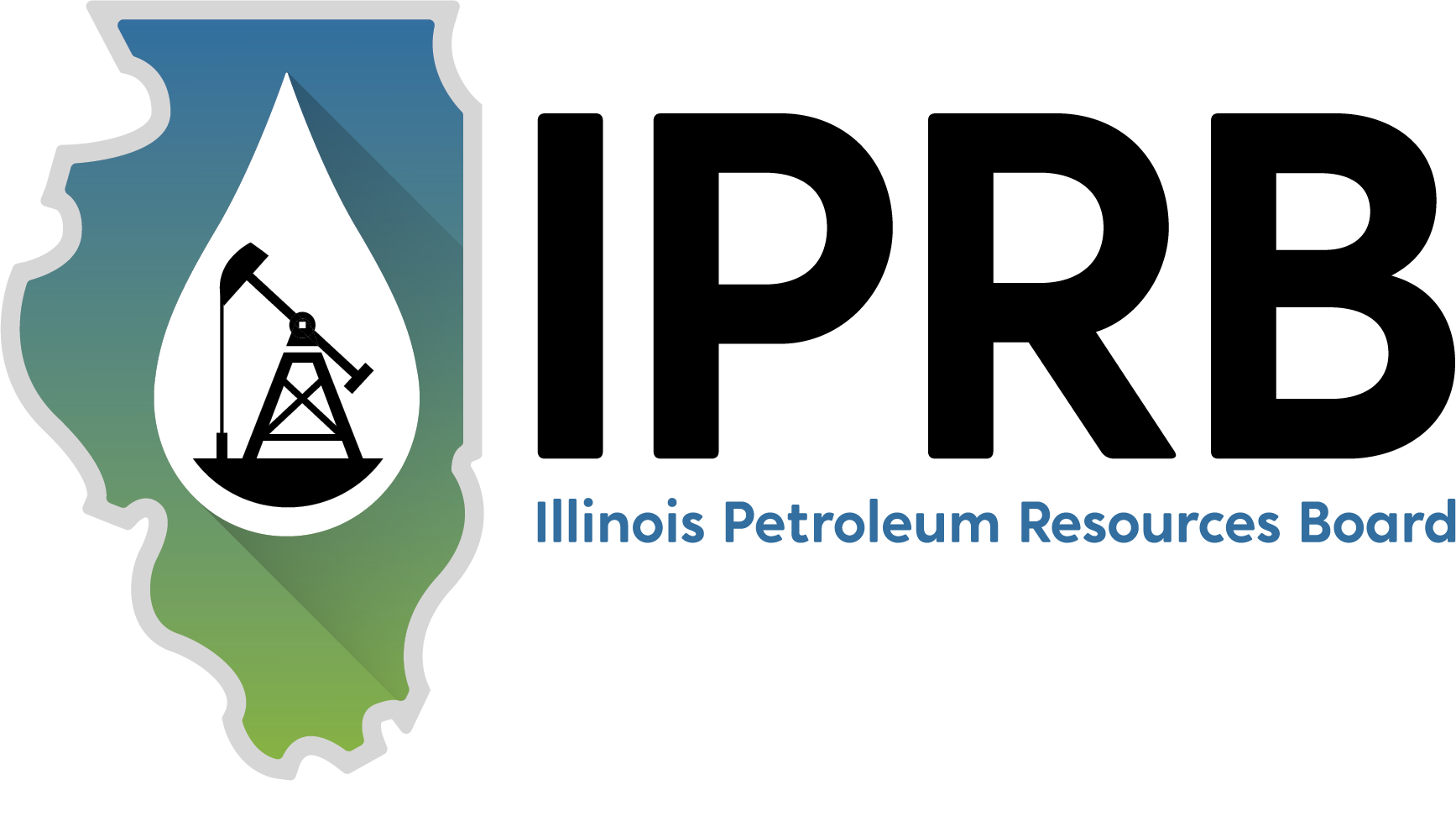Sharing the Story of the Illinois Oil Industry’s Positive Economic Impact
Illinois has struggled mightily to create jobs, adequately fund public schools and generate tax revenue for years. In contrast, the Land of Lincoln’s oil production industry has been a reliable source of thousands of jobs and millions in tax revenue for education and public services for more than 100 years.
It is with these facts in mind that the Illinois Petroleum Resources Board (IPRB) has prioritized sharing the story of the positive economic impact of Illinois’ oil production industry.
Our industry is clearly part of the solution to the state’s most pressing problems — a fact our new governor and legislature should keep in mind the next time “Keep It In the Ground” groups push them to legislate the industry out of existence altogether.
A 2016 RCF Economic & Financial Consulting economic impact report finds Illinois’ oil production industry generates $770 million in personal and business income annually. It is also responsible for $330 million in state tax revenue a year, including millions for woefully underfunded school districts in producing counties. Land of Lincoln oil production also provides royalty income for more than 30,000 Illinoisans.
And as we “downstate” Illinoisans are aware, the industry continues to be a significant source of good-paying jobs. The Illinois oil production industry is responsible for more than 14,000 jobs throughout the state, and a vast majority of the state’ 4,000 direct oil production jobs are concentrated in Southern Illinois.
These figures are nothing to sneeze at – especially in a state whose name has become synonymous with economic ineptitude.
The industry has a great story to tell. But the key will be effectively sharing it, not only with upstate Illinoisans, but folks right here in the Illinois Basin.
IPRB has been sharing the key findings of the RCF report through traditional and social media channels for the past several months. We have recently developed an infographic and fact sheet highlighting the industry’s economic impact and encourage everyone to share them widely. Based on the feedback we’ve received so far, it is clear that many folks across the southern region of the state where oil production is taking place are not only genuinely surprised – but completely unaware – of the magnitude of the industry’s economic impact.
That needs to change moving forward for a myriad of reasons.
First and foremost, make no mistake: the state and national oil and natural gas industry faces an existential threat from the well-funded and relentless “Keep It In the Ground” movement. Industry supporters need to educate themselves – and the public at large – about the benefits of our industry, and do so with dogged determination. Nobody else is going to do it for us.
In the absence of effective dissemination of facts, “Keep It In the Ground” fearmongering will fill the void and negatively influence policy. We are effectively facing a political movement that argues that eliminating an industry that has generated billions in economic activity over 100 years is justifiable in exchange for addressing climate change — even though eliminating Illinois’ oil industry would have absolutely no effect on oil and gas consumption or carbon dioxide emissions.
Facts matter, and the fact remains that the U.S. Department of Energy projects the United States will get more than 50 percent of its energy from oil and gas in 2050. Even under the Paris Climate Accords scenario, 48 percent of global energy will come from oil and gas in 2040. Why? Because wind and solar energy are intermittent sources of energy that cannot be relied upon to power modern society. Put another way, what proponents of the “Green New Deal” are pushing is completely unrealistic.
That’s why it’s incumbent upon us to counter the fear-mongering with fact-mongering. And IPRB vows to be a key resource to facilitate the latter counter-strategy as this battle continues.
Be sure to check out IPRB’s new Facebook and Twitter pages for more details on the RCF economic impact study and visit iprb.org to download the fully report.
